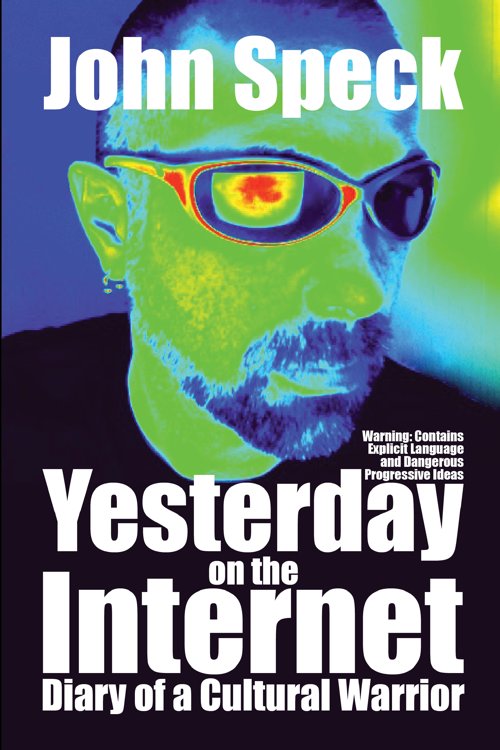 We continue our tour of state budget documents. The Executive Summary has a lot of useful information, but the parts that I find myself referring to most often are not the text descriptions of the Governor’s program for the various departments, but the numbers in the back: the summary tables, the planning values the Budget Office used to predict the future, the wonderfully informative appendix C, which shows how much state aid each Rhode Island city or town gets, and appendix D, which does the same for education aid.
We continue our tour of state budget documents. The Executive Summary has a lot of useful information, but the parts that I find myself referring to most often are not the text descriptions of the Governor’s program for the various departments, but the numbers in the back: the summary tables, the planning values the Budget Office used to predict the future, the wonderfully informative appendix C, which shows how much state aid each Rhode Island city or town gets, and appendix D, which does the same for education aid.
In a state with one bankrupt city and several more threatening to dive into bankruptcy, these are the focus of a lot of my attention. What deserves at least as much attention are the same sections from previous years. Let’s start with Appendix C.
The first thing you’ll notice if you flip, click, scroll, or slide to Appendix C is that local aid comes in lots of different forms. There is “appropriated aid”, which comes out of the general state taxes (called “general revenue” in the budget), and “shared” (or “pass-through”) aid, which is money the state collects on behalf of a city or town. For example, “payment in lieu of taxes” (PILOT) money is paid to a town instead of taxes on state property, and is appropriated in the budget, while the meals and beverage tax is a portion of the sales tax, collected on behalf of a city or town and passed on to them.
The meals and beverage tax collected in Providence restaurants goes to Providence and the tax collected in Newport restaurants goes to Newport, and so on. The numbers in the appropriated aid represent actual decisions made by legislators and the governor. The shared aid numbers are just estimates of how much those taxes will bring in.
There are a couple of things worth noticing about these numbers. One is that the state is planning to give the cities and towns $61 million in appropriated aid in 2013, which is exactly the same amount budgeted for 2012. Level funding sounds like a cold shower, but compared to recent history, it’s a warm bath. In 2008, appropriated state aid amounted to about $250 million. Or well, it would have, except the legislature cut $10 million halfway through that fiscal year. Providence got a $2.4 million cut, Pawtucket lost $850,000, and Woonsocket lost $600,000. Central Falls was hit for $250,000.
These are cuts in the neighborhood of 1%, which doesn’t seem that big a deal, although they came halfway through the fiscal year, so the cities and towns had to cut around 2% of their expenses to make up for the lost time. For cities under financial stress, this hurt.
For 2009, the Governor proposed a slight increase in aid, back up to $244 million. But once again, this was cut halfway through the fiscal year, to $215 million. Providence was cut $5.7 million, Pawtucket $2 million, Woonsocket $1.4 million, and Central Falls $600,000. Again, the cuts came along well into the fiscal year, making them at least twice as hard to deal with. For Central Falls, this worked out to cutting more than 7% of the annual municipal budget in a few months.
The pretense of maintaining the level of aid was burst by this point, so the Governor proposed cutting municipal aid by 14% for fiscal year 2010, to $184 million. Are you keeping track? To recap: In September 2007, Central Falls was on track to get $3.6 million from the state, or a bit less than a fifth of their budget. By May of 2009, the Governor was suggesting they get by with half that amount, a 10% cut in their budget.
But even that cut wasn’t enough, and with only months to go in the 2010 fiscal year, the state slashed total aid yet again, from $184 million to $118 million. Providence saw a $12 million cut, Pawtucket $5.1 million, Woonsocket $2.8 million, and Central Falls $750,000. This time, quite a bit of the cut came in the last quarter of the year, leaving virtually no time to make up the cuts. And for the 2011 budget Carcieri proposed to cut total municipal aid all the way down to $49 million. That year, insurgents in the Assembly pressured the leadership to put a little aid back in the budget, but it still only got up to $60 million, down 76% from just three years before.
I’m sure it was a coincidence that Central Falls went into receivership in May of 2010. At least the way everyone talks about Central Falls, their bankruptcy was all the fault of their unions and retirees, and the state played no part besides offering them a receiver to work out their issues. Their annual budget was $18.9 million in 2008, of which $3.6 million was state aid. In 2010, they were promised only $1.8 million, but got only $1.1 million. And in 2011 they didn’t even get half of that.
In 2008, Providence expected to get $65 million from the state, to help with its $302 million municipal (non-education) budget. In 2009, it went down to $57 million, and in 2010, the city still expected to see $49 million, but got $29 million instead. Over two short years, the state cut 10% of the Providence budget, and each time it happened well after the fiscal year was underway. But it’s fashionable to blame David Cicilline for Providence’s fiscal crisis, so apparently there’s no point in asking Governor Carcieri or any of the Assembly leadership what made them think the municipal budgets could withstand this kind of abuse without cracking.
Here’s the part that makes it all a bit worse. A lot of the aid cut technically did not go to the city or town itself, but to you. In the fall of 2009, towns expected $133 million of state aid to reduce the property tax on your car in fiscal 2010. The state was paying a portion of your taxes for you. The towns only got half of that, and almost all the rest was cut for fiscal 2011. Essentialy, the state was telling the cities and towns to make up the difference from property taxes on cars—now! Some did send out new car tax bills, but many just sucked it up and made cuts.
You see a lot of people wringing their hands about Rhode Island’s municipal fiscal crisis—How will we pay for all those retirees? What were those Mayors thinking? Can you believe those unions?—but how often do you see the story of the state budget included in the saga?
When I describe this sequence of events to people, they will point out that state revenues plunged in 2009, so the state had no choice. But this is an absurd position to take. After all, during each year of these huge municipal aid cuts, Rhode Island was increasing the amount of a generous tax cut granted to the richest taxpayers in the state. That is, taxes were cut further each year at the same time aid was slashed to all the cities and towns. Governor Carcieri and Assembly leaders felt that lower taxes on rich people were important enough to slash aid to cities and towns—a position they still hold.
Next: Education (really)
 It’s always gratifying when one of the best and most deserving folk actually get a position in government where they can make a powerful difference. We recently learned that RI Future contributor Tom Sgouros has been appointed as senior policy adviser to Seth Magaziner, the new treasurer of Rhode Island.
It’s always gratifying when one of the best and most deserving folk actually get a position in government where they can make a powerful difference. We recently learned that RI Future contributor Tom Sgouros has been appointed as senior policy adviser to Seth Magaziner, the new treasurer of Rhode Island.






